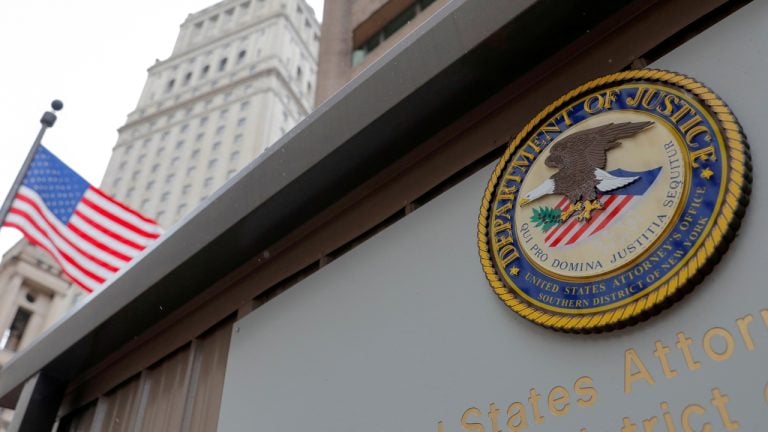
The stablecoin provider denied the allegations that began to surface in regard to its exposure to the now-collapsed Signature Bank.
After a Bloomberg article alleged exposure between stablecoin provider Tether and the now-collapsed Signature Bank, rumors began to circulate regarding the involvement between the two companies.
However Tether immediately reached out to clarify the claims made in the original article. In an email sent to Cointelegraph among other outlets, Tether gave an official response to the situation in which it said it wants to “unequivocally re-iterate that it has no exposure to Silvergate, Silicon Valley Bank and Signature Bank.”
The stablecoin issuer went on to highlight a section of the article that pointed out no issue of a collaboration between Tether and Signature Bank, and that it “failed” to explain that there was no account set up.
Cointelegraph reached out to Tether for further clarification on the situation.
Initial claims in the article said that Tether was gaining access to the United States banking system through Signature by encouraging users to send U.S. dollars via Signature’s Signet to its Bahamian partner Capital Union Bank.
These claims from Bloomberg surfaced despite the fact that Tether chief technology officer Paolo Ardoino took to Twitter on March 12 to clarify that the company had zero exposure to Signature Bank. On March 2 and 10 he tweeted that the company had no exposure to Silvergate and Silicon Valley Bank (SVB), respectively.
Related: Tether CTO on USDC depeg: ‘Bitcoin maxis were right all along’ | PBW 2023
At the recent Paris Blockchain Week 2023 event, Ardoino told Cointelegraph that Tether has around $1.7 billion in excess reserves. He continued to call USDT (USDT) one of the “safest assets to hold in the world” in the aftermath of the banking crisis.
This comes after Tether came back at the Wall Street Journal’s ‘stale allegations’ on March 3 that the company faked documents to open bank accounts. The report alleged that Tether faked sales invoices, transactions and hid behind third parties to have opportunities to open bank accounts it couldn’t have otherwise.
Magazine: US enforcement agencies are turning up the heat on crypto-related crime














